Companion Flowers That Will Make Your Squash Plants Thrive
Companion Flowers That Will Make Your Squash Plants Thrive
Squash plants are a popular choice for home gardens, and for good reason. They're relatively easy to grow, and they produce a bountiful harvest. But did you know that companion planting can help your squash plants thrive even more?
Companion planting is the practice of planting certain types of plants together to benefit each other. Some plants attract beneficial insects, while others deter pests. Some help to improve the soil, while others provide shade or support.
When it comes to squash plants, there are a number of companion flowers that can help them to grow healthy and produce a bumper crop. Here are a few of the best:
- Marigolds: Marigolds are one of the most popular companion plants for squash. They help to repel pests such as cucumber beetles, squash bugs, and aphids. Marigolds also release a scent that helps to attract beneficial insects, such as ladybugs and lacewings, which prey on pests.
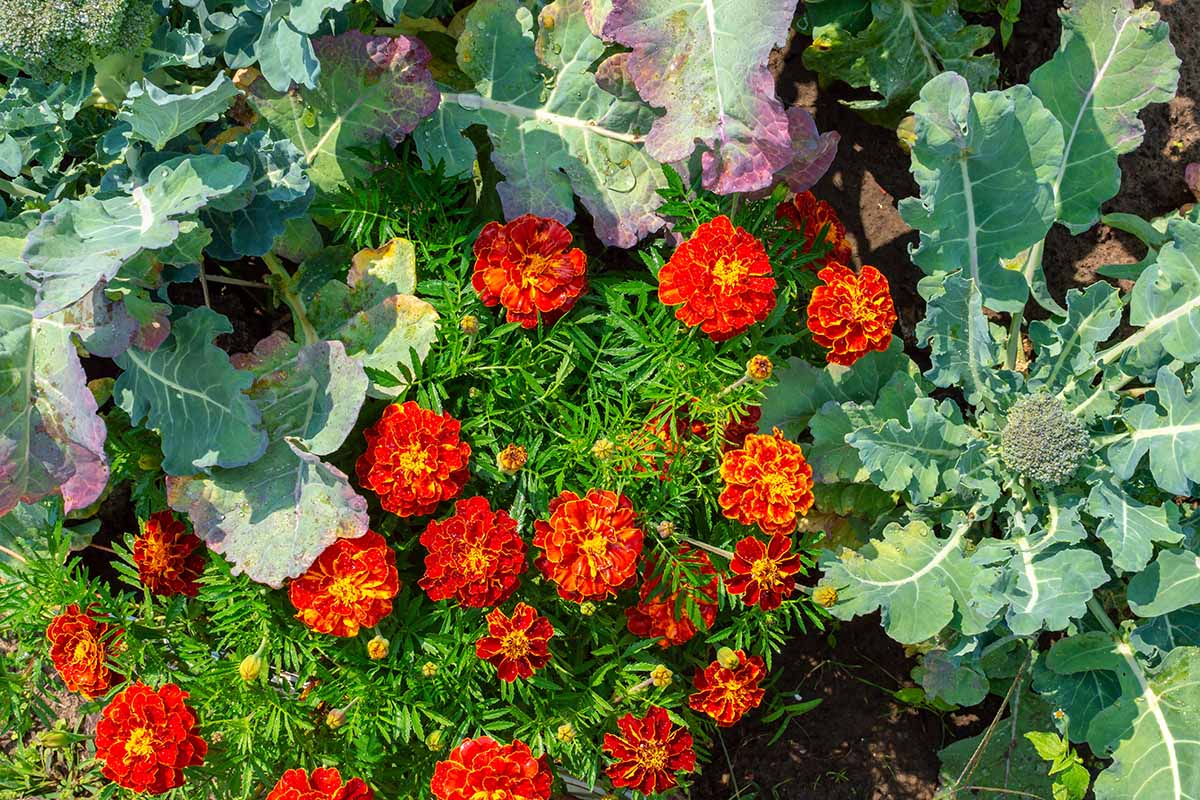
- Nasturtiums: Nasturtiums are another great companion plant for squash. They help to deter pests such as aphids, spider mites, and squash vine borers. Nasturtiums also attract beneficial insects, such as hoverflies and ladybugs.

- Calendula: Calendula is a flowering plant that is known for its medicinal properties. It is also a good companion plant for squash. Calendula helps to repel pests such as aphids, whiteflies, and spider mites. It also attracts beneficial insects, such as ladybugs and lacewings.

- Borage: Borage is a flowering plant that is known for its blue flowers and cucumber-like leaves. It is a good companion plant for squash because it helps to attract pollinators, such as bees and butterflies. Borage also helps to improve the soil by fixing nitrogen.

- Sweet alyssum: Sweet alyssum is a low-growing flowering plant that is known for its sweet scent. It is a good companion plant for squash because it helps to attract beneficial insects, such as ladybugs and lacewings. Sweet alyssum also helps to suppress weeds.
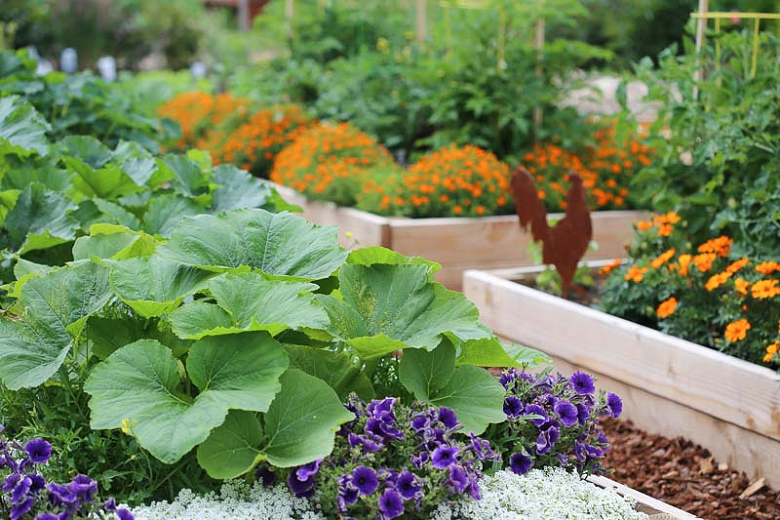
- Clover: Clover is a groundcover plant that is known for its nitrogen-fixing properties. It is a good companion plant for squash because it helps to improve the soil and make it more fertile. Clover also helps to suppress weeds.
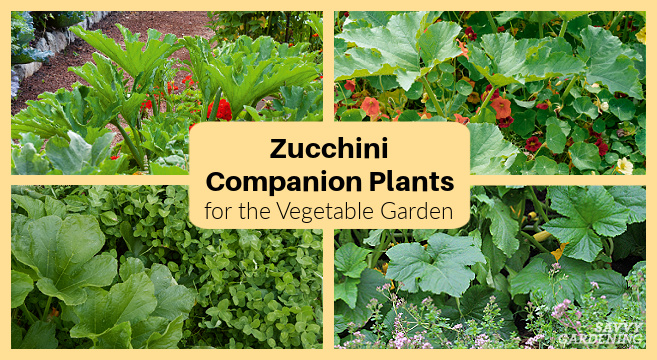
In addition to these flowers, there are a number of other companion plants that can be beneficial for squash plants. Some of these include beans, carrots, corn, dill, garlic, mint, onions, peas, peppers, potatoes, and tomatoes.
When choosing companion plants for your squash, it is important to consider the specific needs of your plants. Some plants, such as marigolds and nasturtiums, are more effective at deterring pests, while others, such as borage and clover, are more effective at improving the soil. It is also important to consider the size of your plants. Some companion plants, such as corn and beans, can grow quite tall, so you will need to make sure that they have enough space to grow.
With a little planning, you can use companion planting to help your squash plants thrive. By planting the right companion plants together, you can attract beneficial insects, deter pests, improve the soil, and suppress weeds. All of these factors can contribute to a healthier and more productive squash crop.
Squash is a delicious and versatile vegetable that can be enjoyed in many different ways. But did you know that certain companion flowers can help to improve the growth and health of your squash plants?
Some of the best companion flowers for squash include:
- Borage: Borage attracts pollinators, which helps to ensure that your squash plants are properly pollinated and produce a bountiful harvest. Borage also helps to repel pests such as squash bugs and cucumber beetles. Gardenia Inspiration
- Nasturtiums: Nasturtiums are another great companion flower for squash. They help to repel pests such as aphids and spider mites, and they also attract beneficial insects such as ladybugs and lacewings. Gardenia Inspiration
- Sunflowers: Sunflowers are tall and upright, so they can help to provide shade for your squash plants during the hot summer months. They also attract pollinators and help to improve the soil quality around your squash plants. Gardenia Inspiration
If you're looking to improve the health and productivity of your squash plants, consider planting some companion flowers in your garden. You'll be surprised at how much of a difference they can make!
FAQ of companion flowers for squash
- What are some good companion flowers for squash?
Some good companion flowers for squash include:
- Beans: Beans fix nitrogen in the soil, which helps to improve the growth of squash plants.
-(2).jpg)
- Borage: Borage attracts beneficial insects, such as bees and wasps, which help to pollinate squash flowers. It also deters pests, such as squash vine borers.
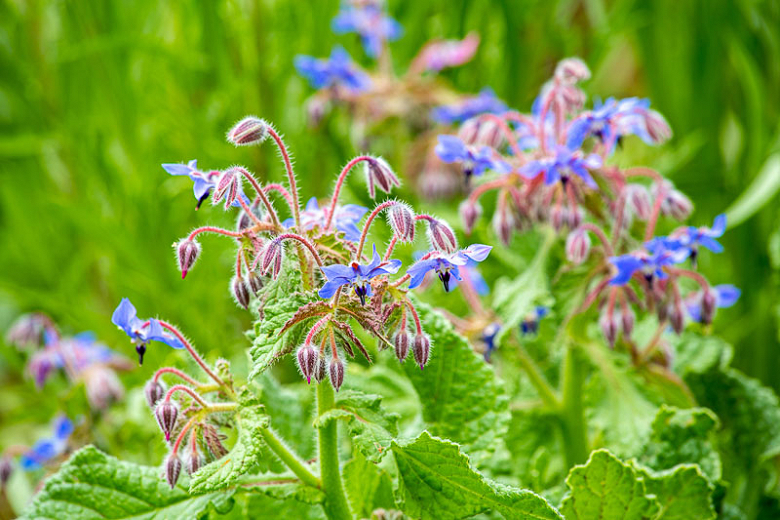
- Calendula: Calendula deters pests, such as beetles and root nematodes. It also attracts beneficial insects, such as ladybugs.

- Dill: Dill attracts beneficial insects, such as hoverflies and lacewings, which help to control pests. It also helps to repel cabbage moths.
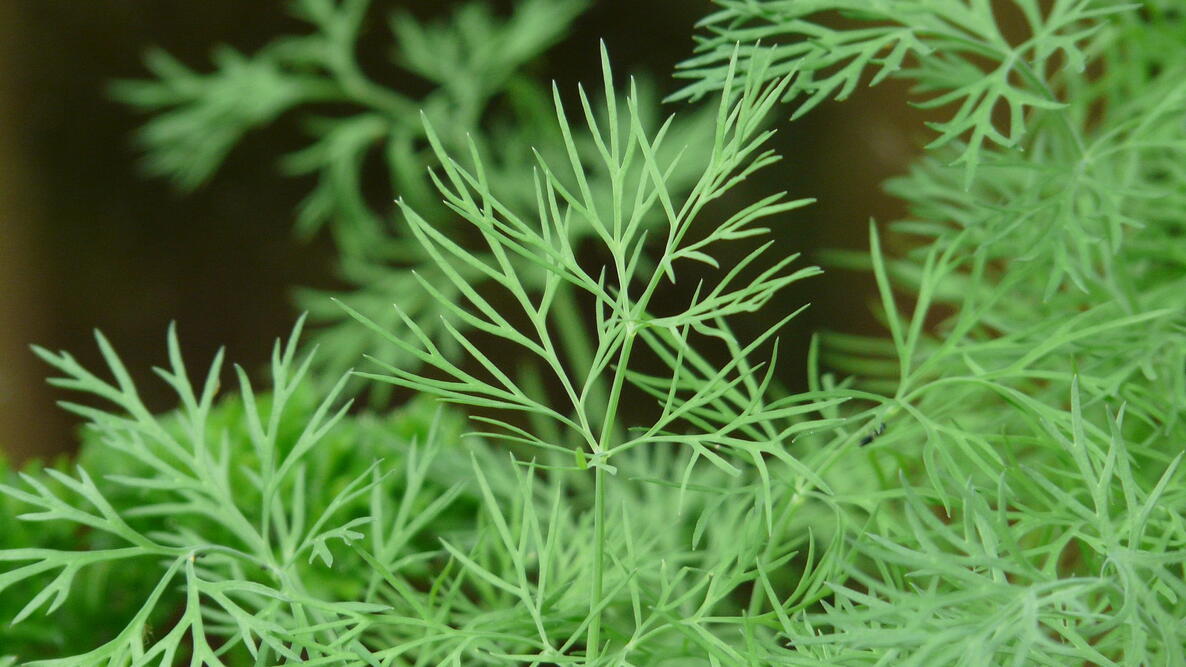
- Marigolds: Marigolds are a classic companion plant for squash. They attract beneficial insects, such as ladybugs and parasitic wasps, which help to control pests. They also deter pests, such as nematodes and squash bugs.
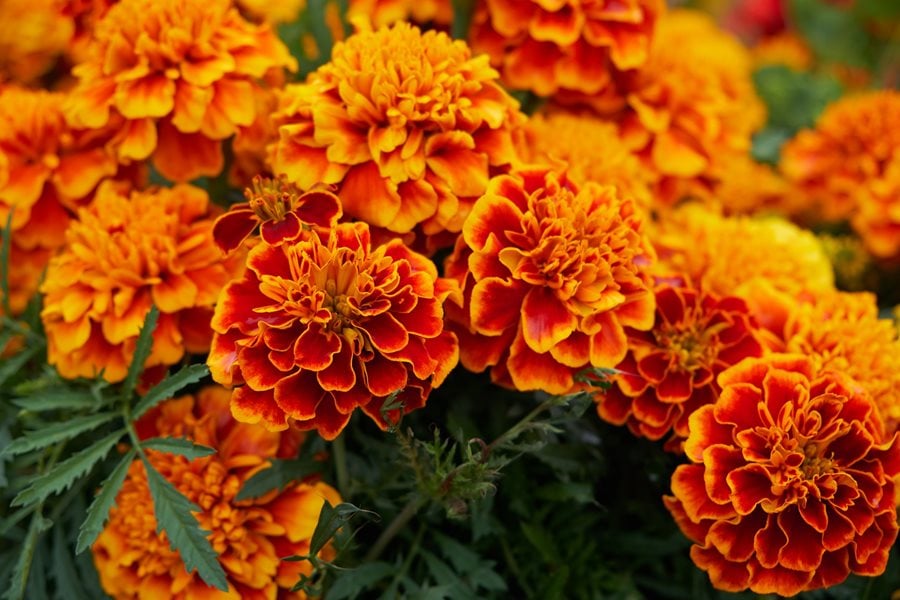
- What are some bad companion plants for squash?
Some bad companion plants for squash include:
- Potatoes: Potatoes and squash are both susceptible to the same diseases, so planting them together can increase the risk of infection.

- Cucumbers: Cucumbers and squash can compete for water and nutrients, so it is best to avoid planting them together.

- Pumpkins: Pumpkins and squash are both members of the cucurbit family, and they can cross-pollinate with each other. This can lead to inconsistent results in the size and quality of the fruit.
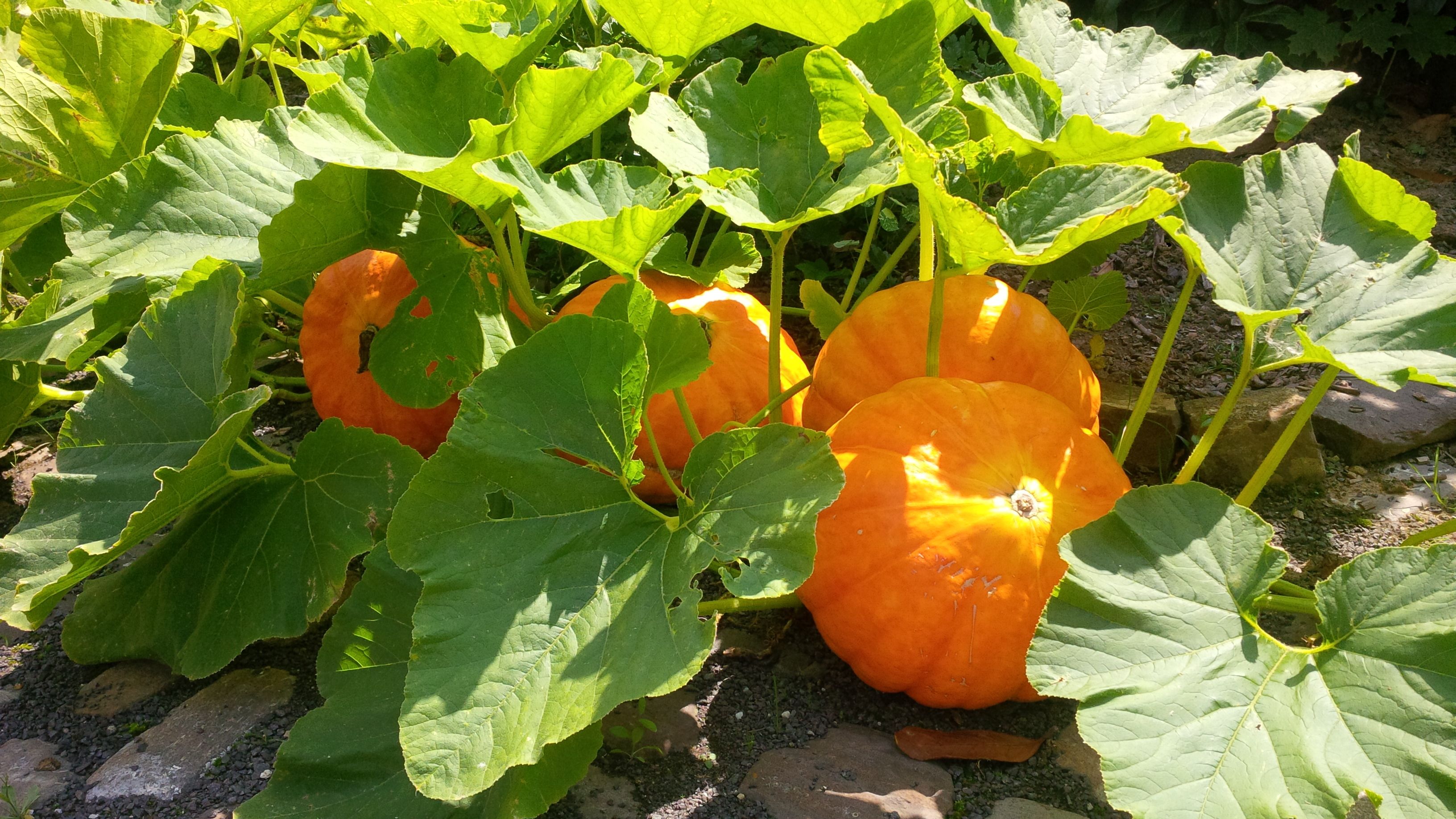
- Eggplant: Eggplant and squash are both susceptible to the same pests, so planting them together can increase the risk of infestation.
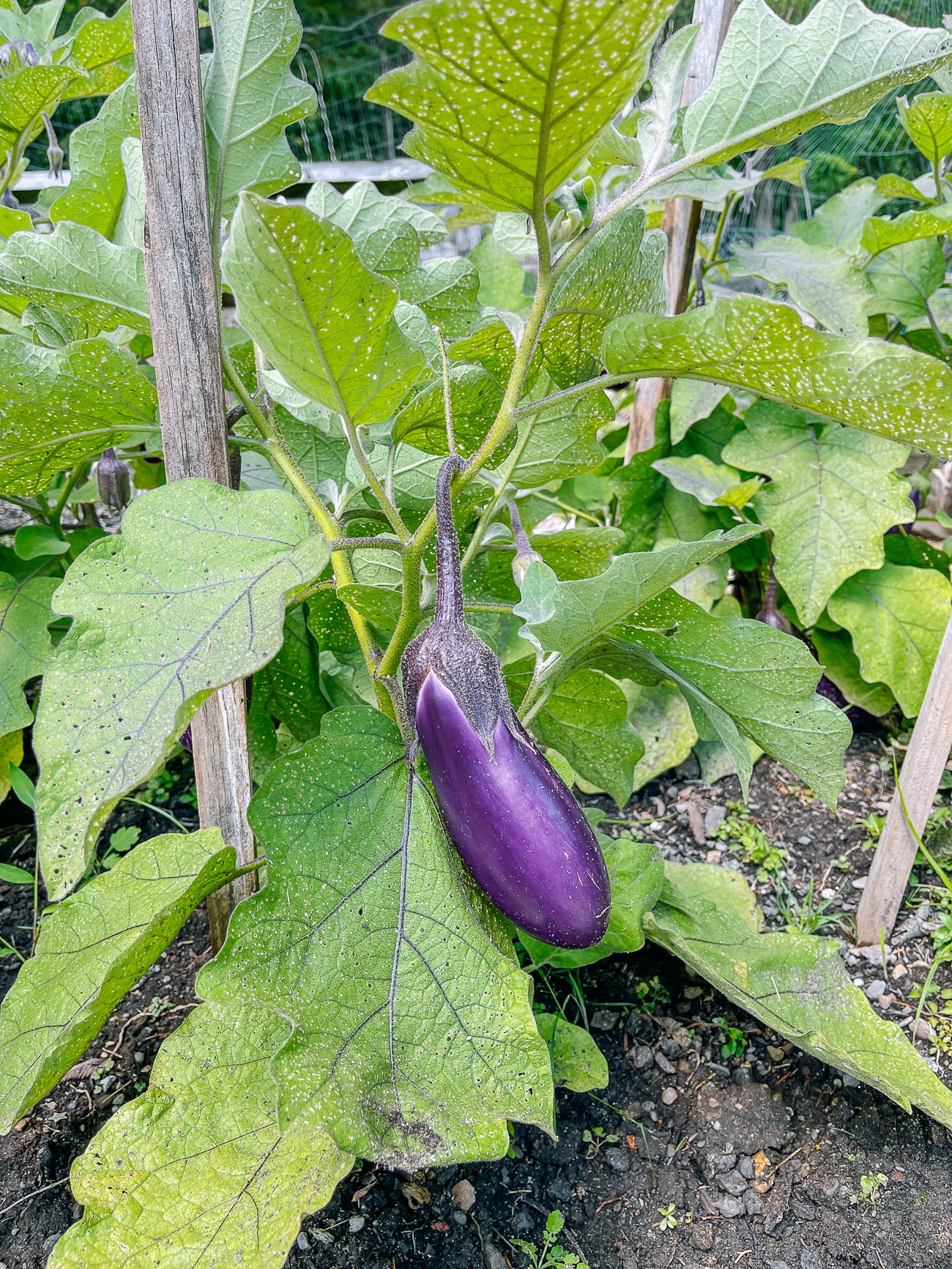
- Tomatoes: Tomatoes and squash are both susceptible to the same diseases, so planting them together can increase the risk of infection.
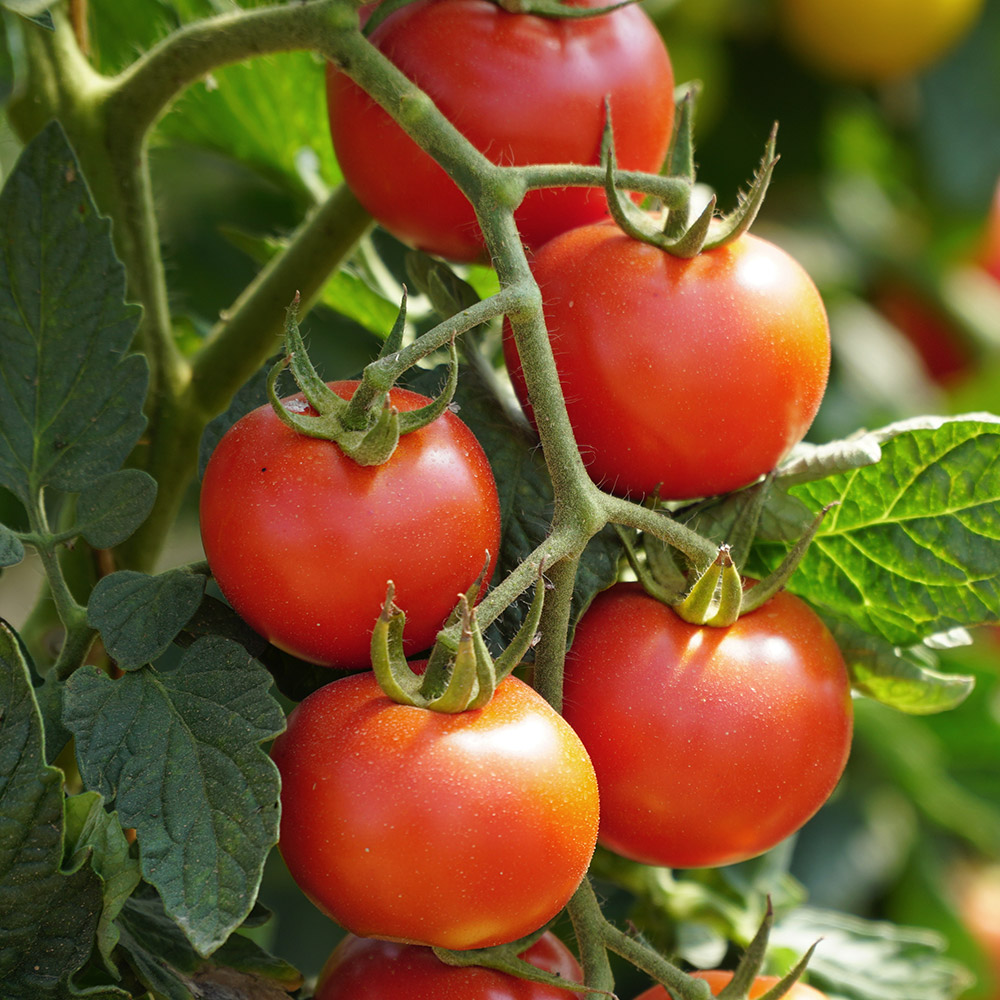
- How far apart should companion flowers be planted from squash?
The exact distance that companion flowers should be planted from squash will vary depending on the specific type of flower and the size of the squash plants. However, as a general rule of thumb, companion flowers should be planted at least 12 inches away from squash plants. This will help to prevent the flowers from competing with the squash plants for water and nutrients.
- How long after planting companion flowers will they start to benefit my squash plants?
The time it takes for companion flowers to start to benefit squash plants will vary depending on the specific type of flower and the growing conditions. However, in general, companion flowers will start to benefit squash plants within a few weeks of planting.
- How do I know if my companion flowers are working?
There are a few ways to know if your companion flowers are working. One way is to look for signs of healthy growth in your squash plants. If your squash plants are growing well and producing healthy fruit, then your companion flowers are likely doing their job. Another way to know if your companion flowers are working is to look for a decrease in pests and diseases. If you are seeing fewer pests and diseases on your squash plants, then your companion flowers are likely helping to protect them.
Image of companion flowers for squash
- Nasturtiums: Nasturtiums are a great companion plant for squash because they help to repel pests like aphids and squash bugs. They also attract beneficial insects like ladybugs and hoverflies, which help to control pests.

- Marigolds: Marigolds are another good companion plant for squash. They help to repel nematodes, which are microscopic worms that can damage squash roots. They also produce a substance that helps to suppress the growth of fungi.

- Sunflowers: Sunflowers are tall plants that can help to provide shade for squash plants. They also attract beneficial insects like bees and butterflies, which help to pollinate squash flowers.
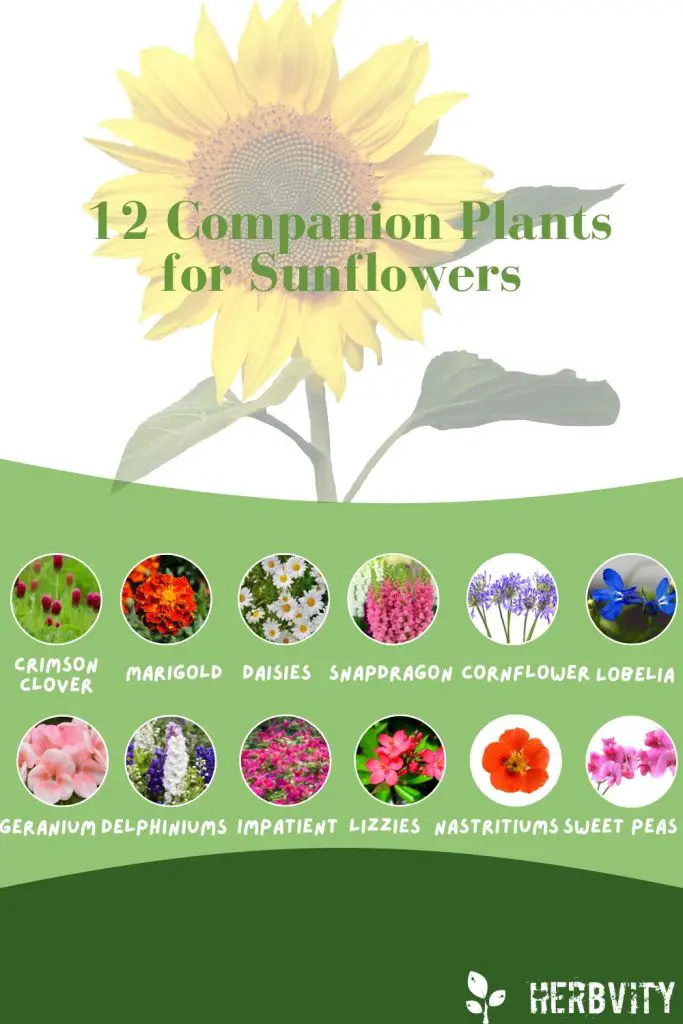
- Borage: Borage is a flowering plant that helps to attract pollinators like bees and butterflies. It also produces a nectar that has insecticidal properties, which can help to repel pests like aphids and squash bugs.

- Cucumbers: Cucumbers are a good companion plant for squash because they have similar growing requirements. They also help to suppress the growth of powdery mildew, a fungal disease that can damage squash leaves.

Post a Comment for " Companion Flowers That Will Make Your Squash Plants Thrive"